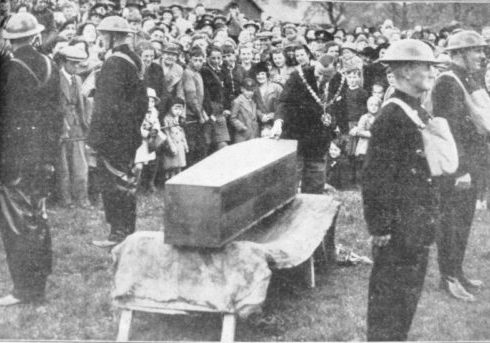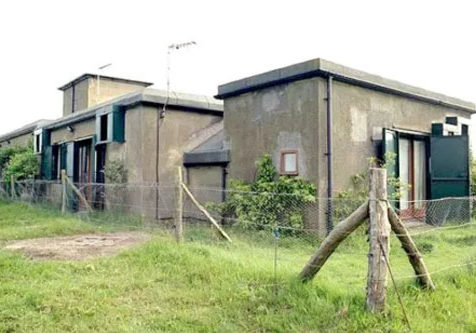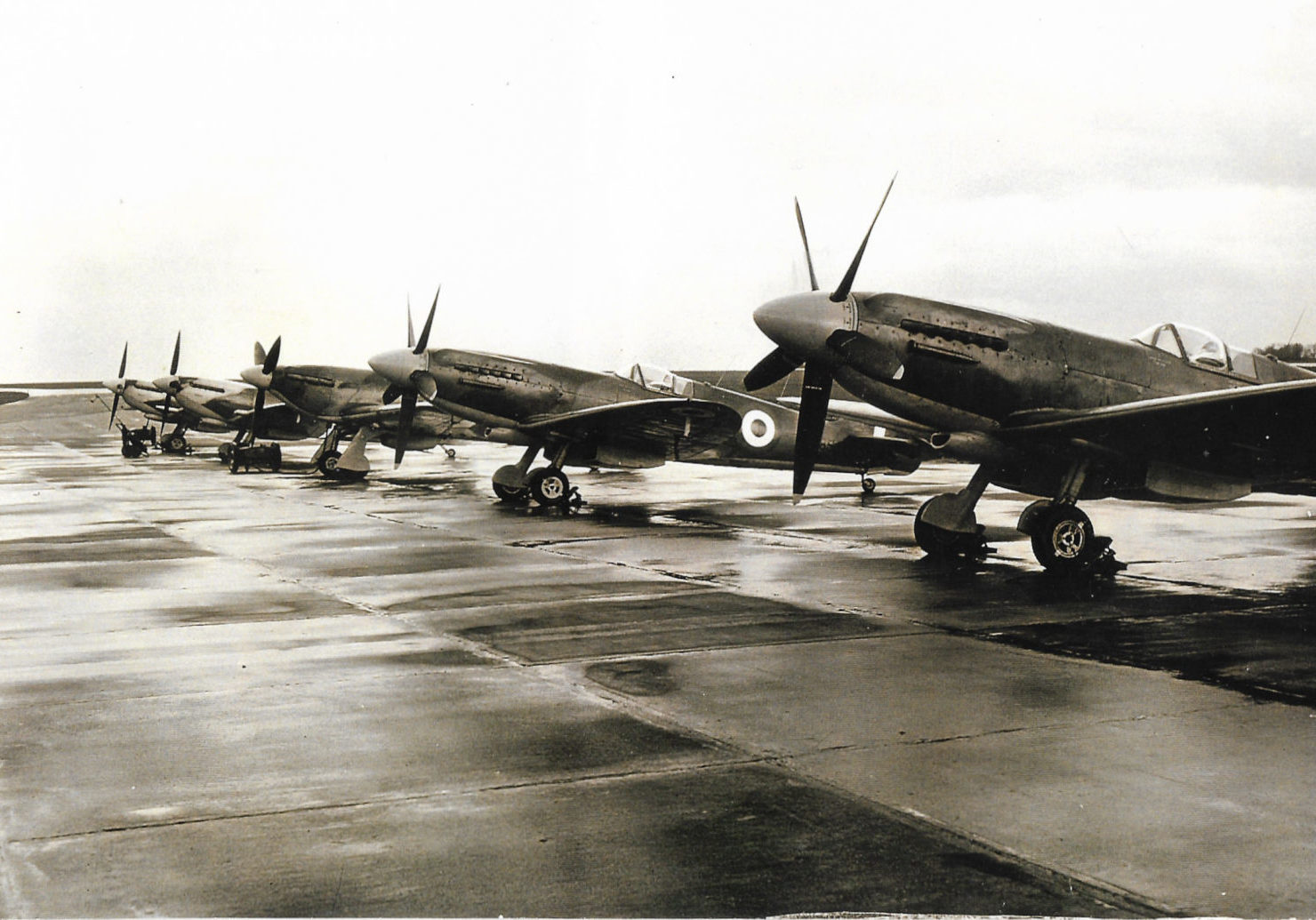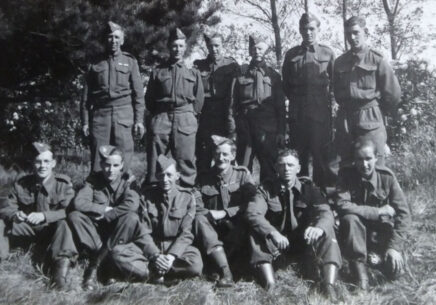The Second World War caused much of Bexhill to be evacuated. Some of the schools never returned to the town.
The beach was sealed off and mines and tank-traps laid. Bexhill endured 51 air raids and 12 V1 strikes. 328 bombs and over 1000 incendiaries were dropped. Enemy action killed 21 civilians and 1 soldier; 21 buildings were destroyed; 189 buildings were seriously damaged and another 2,735 received minor damage. Spike Milligan was stationed in Bexhill for a while and recalls his experiences in his book Adolf Hitler My Part In His Downfall.
Civilian War Dead
Bexhill is unusual in having a memorial to its civilians who lost their lives during the Second World War.
War Memorials and Remembrance
An established feature of 20th century life following the First World War.
Junkers JU88 Bomber at Buckholt Farm
How a German bomber accidently landed at Buckhold Farm on 27 July 1940
War Savings Campaigns
Bexhill raised so much money for the war effort during the First World War that it was one of few towns to be given the gift of a tank. Bexhill’s record in the Second World War was just as exemplary.
Radar and RAF Wartling
RAF Pevensey was a Chain Home Radar station, one of 190 Ministry Experimental Stations formed in 1938. Two other stations in Sussex were at Rye and Poling.
Battle of Britain
In 1940 it seemed inevitable that German forces would turn their attention to Britain. The threat from the air may have been most pressing
Service Units and the Canadians
Bexhill played a prominent part in the defence of this country during the the period 1939-1945. The proximity of the enemy airfields in occupied France, Holland, Belgium and Germany itself led to the issuing during the war of 1,468 air raid warning alerts in the area.
Air Raid Precautions
Air Raid Precautions (ARP) was set up in 1937 dedicated to the protection of civilians from the danger of air raids. Every local council was responsible for organising ARP wardens, messengers, ambulance drivers, rescue parties, and liaison with police and fire brigades.


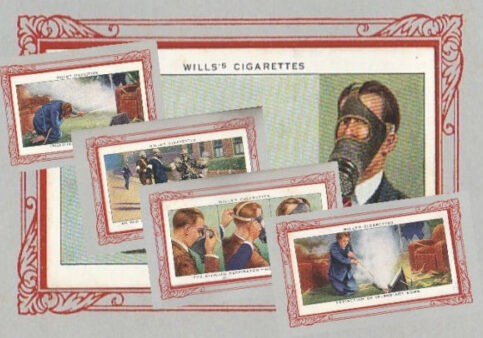
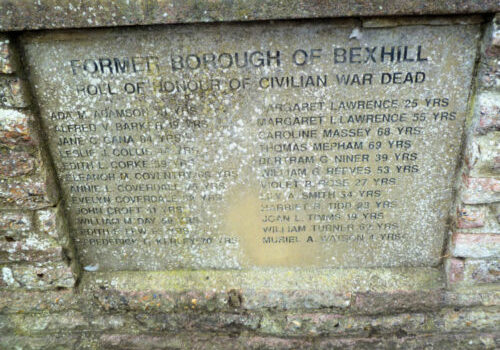
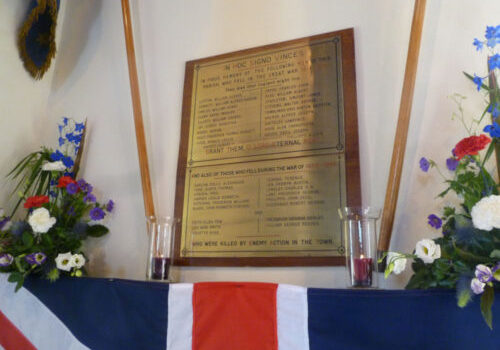
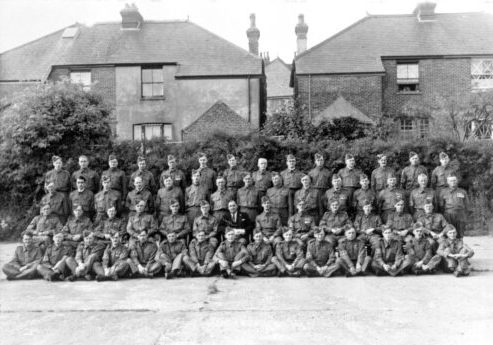
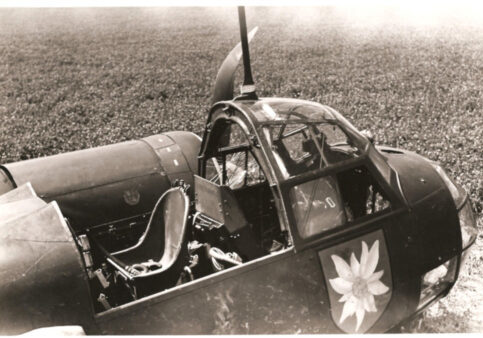
![Joyce Alexander [3rd from right] 1941 May 24 War Weapons Week parade Joyce Alexander [3rd from right] 1941 May 24 War Weapons Week parade](https://www.bexhillmuseum.org.uk/wp-content/uploads/bb-plugin/cache/Joyce-Alexander-3rd-from-right-1941-May-24-War-Weapons-Week-parade-landscape-863f66dfcef45d917d0c2c4a1c5d2b58-.jpg)
